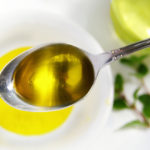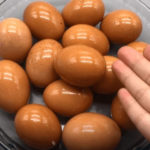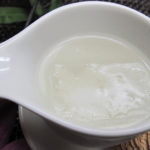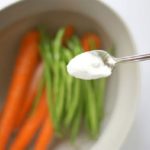Egg Preservation with Newspaper
If you only have a few dozen eggs, you can simply store them in the refrigerator and eat them gradually. This is the safest and easiest way to use them. But if you have too many eggs to store in the refrigerator and want to keep them for about 6 months to a year, never overlook this egg preservation method.
Use a soft paper towel to clean the dirt on the outside of the eggs, then wrap each egg in newspaper. Stack the eggs in a sparse basket, in a dry and well-ventilated place. This is a tip for preserving eggs without a refrigerator, which can keep the eggs fresh for up to six months.
Use Rice Husk to Store Dried Rice Husk
One of the ways to preserve eggs without a refrigerator is to put a little rice husk in a clean paper box, stack a layer of eggs on top, and then sprinkle a layer of husk, repeating the process until all the eggs are used up. Place the egg box in a dry and cool place. In addition, this method can help you preserve eggs for a few months without worrying about spoilage.
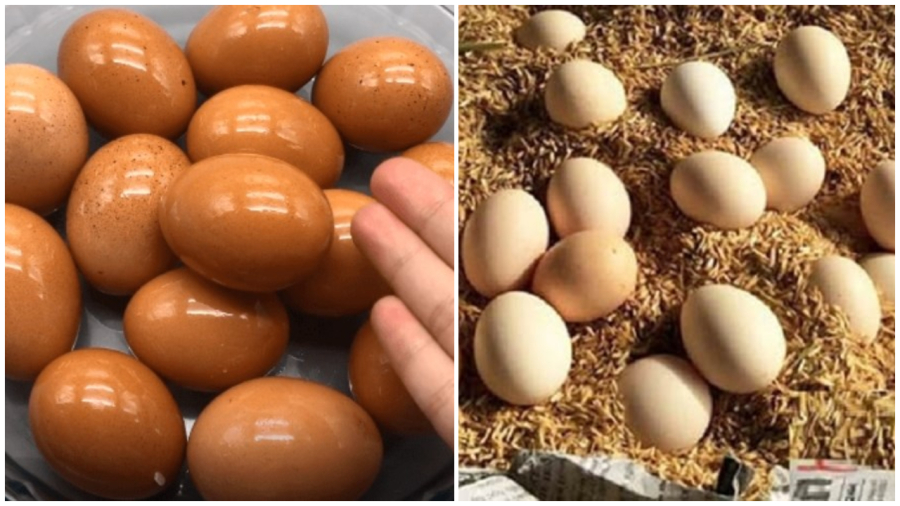
Place Eggs in a Container of Rice
One of the ways to preserve eggs without a refrigerator is to place them in a container of rice. Because when the eggs are stored in a container of rice, they will be well-preserved for 1-2 months. If you want to preserve eggs, don’t miss this method!
Use Dried Tea Residue
After drinking tea water, keep the tea residue and dry it for egg preservation. The preservation method is similar to using husk or sawdust. Sprinkle a layer of tea residue, a layer of eggs alternating, and keep them in a dry and cool place. This method of preservation can keep eggs fresh for 2-3 months.
Egg Preservation with Cooking Oil
One of the ways to preserve eggs is to coat the eggshell with a thin layer of cooking oil. Because cooking oil helps preserve eggs in a dry, cool place, at a temperature of 25-32 degrees Celsius. You can preserve fresh eggs for about 1 month using this method.
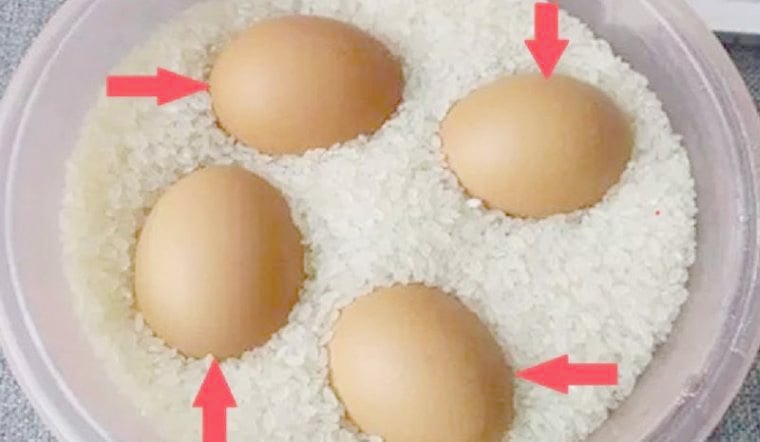
Notes on Egg Preservation
According to experts, whether you store eggs without a refrigerator or use this device, you should not wash the eggs. Use a soft, damp cloth to gently clean each egg. In this way, the outer eggshell membrane will not crack and the eggs will last longer without being attacked by bacteria.
Do not let the eggs lie horizontally, avoid the situation where the yolk sticks to the shell and quickly spoils. It is best to stack the eggs upright, with the larger end facing upward. In that way, the floating yolk will encounter the air pocket inside and not stick to the shell.
Tips on Selecting Healthy Cooking Oil and Safe Ways to Cook with It
A Taiwanese company has made a significant impact on the food industry through the recycling of over 700 tons of dirty oil, which has been exported to over 12 countries, including Vietnam. This has raised a few eyebrows among housewives, as cooking oil is an essential condiment in daily cooking. To ensure the safety and quality of their cooking oil, consumers should take note of the following advice.
























